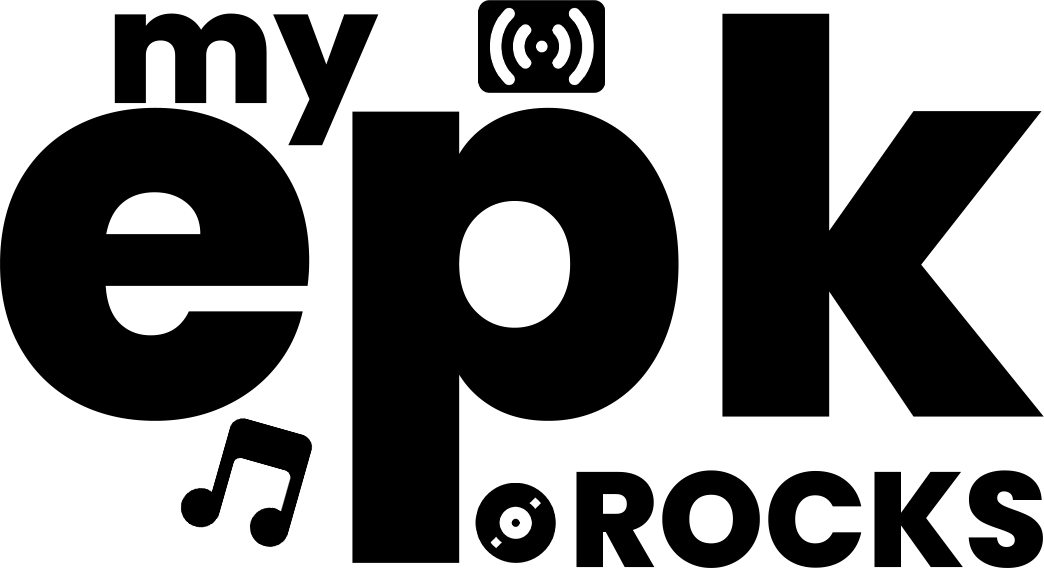Okay, fam, let’s talk about something seriously cool that’s shaking up the music industry: Decentralized Platforms & Blockchain-Based Music. Forget everything you think you know about record labels and streaming giants for a minute. We’re diving into a world where you, the artist, and your fans are in control. Think ownership, transparency, and actually making a decent living from your art. Sound good? Let’s get into it.
The Old Way Ain’t Working, Is It?
Look, we all know the score. The music industry, as it stands, is kind of a rigged game. For years now, artists, especially emerging and mid-tier ones, have been caught in a system that often feels exploitative.
- Streaming Royalties: Pennies (Literally!). You bust your butt creating amazing music, pour your heart and soul into it, and then Spotify or Apple Music pays you a fraction of a cent per stream? It’s a joke. Check out this article about how Spotify royalties work. Spoiler alert: it’s not pretty.
- Record Label Deals: Devil in the Details. Getting signed might seem like the dream, but traditional record label contracts often involve giving up a huge chunk of your rights and future earnings. You could get stuck in a neverending debt trap, barely seeing any profit even if your music is successful. This analysis of record label deals sheds some light on the realities.
- Lack of Transparency: Where Does the Money Go? It’s often a black box. You’re told how many streams you got, but understanding exactly how that translates into income is murky at best. You kinda have to trust “the system,” which, let’s be honest, hasn’t earned our trust.
- Gatekeepers: The Constant Struggle to be Seen and Heard. The industry is still largely controlled by a few powerful players. Getting your music in front of the right people – radio stations, playlist curators, influential bloggers – can feel like climbing a mountain with no gear.
This sucks, right? You didn’t get into music to be a cog in a machine. You got into it to create, connect with people, and make a living doing what you love.
Enter Decentralization: The Blockchain to the Rescue
Okay, so what’s the answer? That’s where decentralized platforms powered by blockchain technology come into play. Let’s break down what that even means in normal words.
What’s a Blockchain Anyway?
Think of a blockchain like a digital ledger – a public record of all transactions. But unlike a traditional ledger controlled by a bank or corporation, this ledger is distributed across a network of computers. This means:
- Transparency: Everyone can see the transactions. No more black boxes.
- Security: The data is encrypted and incredibly difficult to tamper with.
- Decentralization: No single entity controls the network.
It’s the foundation for cryptocurrencies like Bitcoin, but its applications extend far beyond digital money. Learn more about the basics of blockchain here.
Decentralized Platforms: Music’s New Playground
So, how does blockchain apply to music? Decentralized platforms are building systems that use blockchain to:
- Cut Out the Middleman: Connect artists directly with their fans, eliminating the need for traditional record labels and distributors.
- Fairer Royalties: Ensure artists receive a larger share of the revenue generated from their music.
- Transparent Transactions: Provide clear and auditable records of royalties and payments.
- Fan Ownership: Allow fans to invest in artists and share in their success through tokens or NFTs.
- Community Building: Foster stronger connections between artists and their fans, creating vibrant and engaged communities.
The Key Players (Platforms You Should Know About)
There’s a growing number of decentralized music platforms popping up, each with its own unique approach. Here are a few that you should be aware of:
-
Audius (https://audius.co/): One of the most well-known platforms, Audius is a decentralized streaming service aiming to be a direct competitor to Spotify and SoundCloud. Artists can upload their music and get paid in AUDIO tokens. It emphasizes artist ownership and community governance. They’re always rolling out new features, too, so worth keeping an eye on.
-
Sound.xyz (https://www.sound.xyz/): Focuses on enabling artists to release limited-edition music NFTs directly to fans. It’s like a digital record store where you can buy and collect exclusive tracks. Really cool for creating scarcity and driving value for your music.
-
Catalog (https://catalog.works/): A platform for one-of-one music NFTs. Artists can sell unique recordings to collectors, creating a high-value market for their work. Think of it as the high-end art gallery of the music NFT world.
-
Nina (https://nina.market/): Nina focuses on a slightly different approach. It allows artists to release music as limited-edition digital records, funded directly by their fans. It is a lot more like web2 for artists, and acts as a great stepping stone to web3 for artists.
-
Opulous (https://opulous.org/): Opulous connects artists with investors by allowing them to offer a portion of their future royalties as security. Fans can invest in artists and earn along with them. More like a music-focused crowdfunding platform.
-
Rocki (https://rocki.app/): ROCKI is a music streaming platform that lets independent artists get paid when their music is streamed using the ROCKI token.
These are just a few examples, and the space is constantly evolving. The key is to do your research, explore the different platforms, and find the ones that align with your artistic vision and goals.
Fan Ownership: Building a Community, Not Just an Audience
One of the most exciting aspects of decentralized music platforms is the concept of fan ownership. This goes beyond just listening to your music; it’s about fans actively participating in your success. Here’s how it works:
- Tokens: Artists can issue their own tokens, which fans can buy and use to access exclusive content, vote on creative decisions, or receive a share of future royalties. Think of it as a digital fan club with real financial benefits.
- NFTs (Non-Fungible Tokens): NFTs are unique digital assets that can represent anything from a piece of artwork to a song to a concert ticket. Artists can sell NFTs to fans, creating a sense of ownership and exclusivity. This is especially relevant when it comes to music.
- DAOs (Decentralized Autonomous Organizations): DAOs are community-led organizations that use blockchain technology to make decisions transparently and democratically. Artists can create DAOs for their fans, allowing them to collectively manage funds, vote on projects, and shape the artist’s career.
Benefits of Fan Ownership:
- Deeper Connection: Fosters a stronger bond between artists and fans, creating a more engaged and loyal community.
- Financial Support: Provides artists with a new source of funding, allowing them to invest in their music and career.
- Shared Success: Aligns the interests of artists and fans, ensuring that both benefit from the artist’s success.
- Creative Control: Gives artists more control over their music and career, allowing them to make decisions based on the needs of their fans, not the demands of a record label.
How to Get Started: A Step-by-Step Guide
Okay, you’re intrigued. You want to dive in. Here’s a practical guide to getting started with decentralized music platforms:
- Do Your Research: Explore the platforms mentioned above and others you find. Read articles, watch videos, and understand the pros and cons of each. The more you know, the better equipped you’ll be to make informed decisions.
- Create a Crypto Wallet: You’ll need a crypto wallet to store your tokens and NFTs. Popular options include MetaMask (https://metamask.io/) and Trust Wallet (https://trustwallet.com/).
- Start Small: Don’t feel like you need to go all-in right away. Experiment with uploading a song to Audius, creating a limited-edition NFT on Sound.xyz, or launching a small token for your fan club.
- Engage With Your Community: This is crucial. Decentralized platforms are all about community. Interact with your fans, listen to their feedback, and involve them in your creative process.
- Promote Your Work: Don’t expect people to magically find you. Use social media, email marketing, and other channels to promote your music and your presence on decentralized platforms.
- Be Patient: Building a successful career in the decentralized music world takes time and effort. Don’t get discouraged if you don’t see results overnight. Keep creating, keep engaging, and keep learning.
Potential Challenges and Considerations
Look, no system is perfect. Decentralized music platforms have their challenges, too. Here are a few things to keep in mind:
- Volatility of Crypto: Cryptocurrency values can fluctuate wildly. This means that the value of your tokens or NFTs could go up or down significantly.
- Complexity: Blockchain technology can be complex and confusing, especially for newcomers. There’s a learning curve involved.
- Gas Fees: Transactions on some blockchain networks, like Ethereum, can involve gas fees, which are costs associated with processing the transaction. These fees can sometimes be high, especially during periods of high network activity.
- Scalability: Some blockchain networks are still working on scaling to handle a large number of transactions. This could lead to slower transaction times or higher fees.
- Security: While blockchain is generally secure, there are still risks associated with storing your crypto in a wallet. Make sure you take steps to protect your wallet and private keys.
- Regulation: The regulatory landscape for cryptocurrencies and blockchain is still evolving. There’s a risk that new regulations could impact the decentralized music space.
The Future of Music: Are We There Yet?
Decentralized music platforms are not a magic bullet. They’re not going to solve all the problems of the music industry overnight. But they represent a powerful new approach that has the potential to create a fairer, more transparent, and more sustainable ecosystem for artists and fans.
We’re still in the early stages. The technology is still developing, the platforms are still evolving, and the user base is still growing. But the momentum is there. More and more artists are exploring decentralized options, and more and more fans are embracing the idea of owning a piece of their favorite artists’ success.
Think of it like the early days of the internet. It was clunky, slow, and not very user-friendly. But it had the potential to revolutionize the way we communicate and access information. Decentralized music platforms have that same potential.
Final Thoughts: Your Music, Your Future
The old way of doing things in the music industry is dying. The power is shifting from the gatekeepers to the creators and the fans. By embracing decentralized platforms, you can take control of your career, connect with your audience on a deeper level, and build a sustainable future for your music.
It’s not going to be easy. It’s going to require hard work, dedication, and a willingness to learn. But the rewards are worth it. You deserve to be fairly compensated for your art. You deserve to have a direct connection with your fans. You deserve to own your future.
So, dive in. Experiment. Learn. Connect. And let’s build a better music industry together. Your music matters. Your voice matters. And your future is in your hands. Good luck! Now go make some noise!


